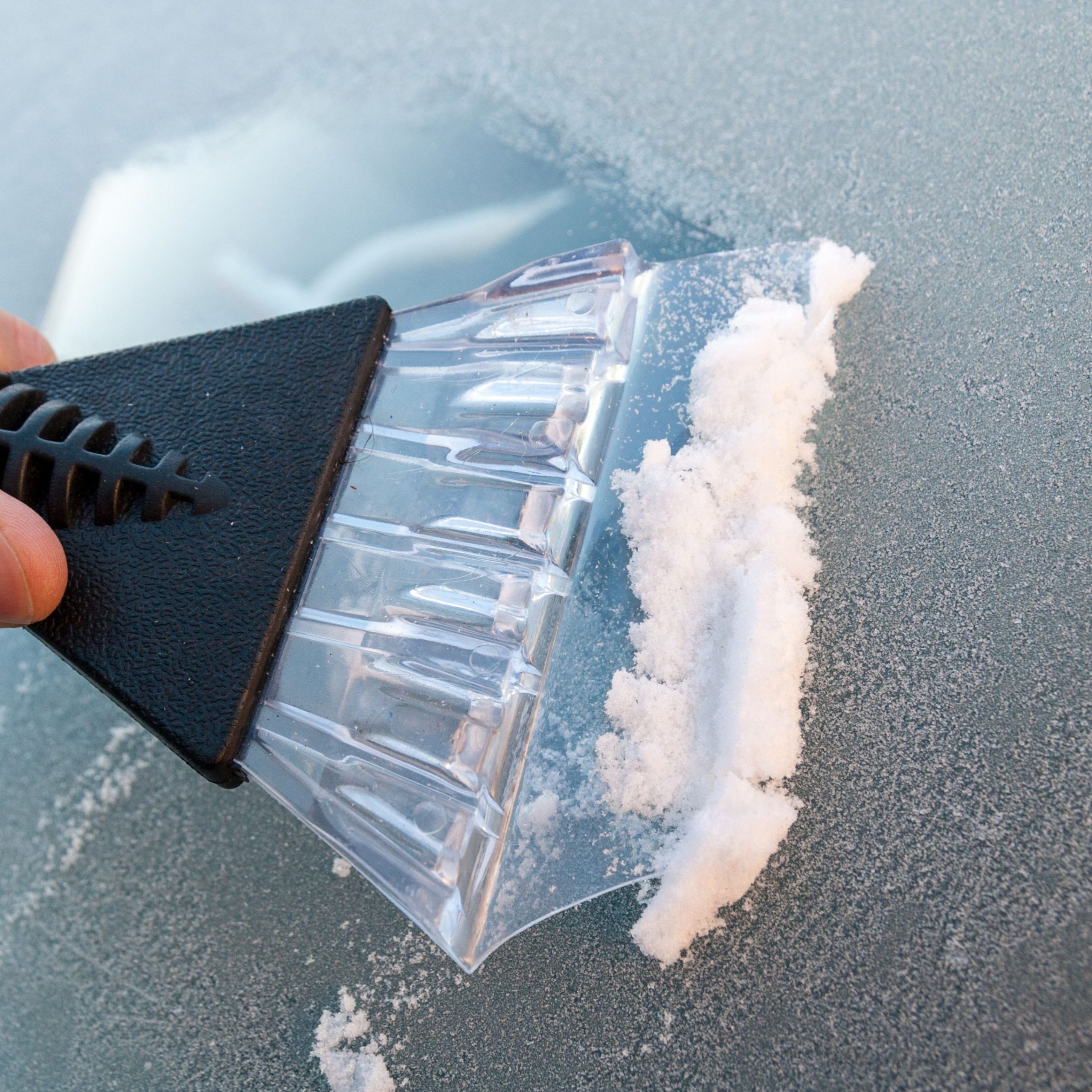As winter approaches, the Midlands braces itself for the usual seasonal challenges—cold snaps, frost-covered mornings, and, of course, the ever-present risk of snow and ice. For schools and universities, these weather conditions pose significant safety risks. Ensuring that your campus is properly gritted isn’t just about meeting legal obligations; it’s about protecting the well-being of your students, staff, and visitors, and keeping your institution running smoothly.
Safety First: Preventing accidents
The most pressing reason to grit your school or university campus is safety. Icy pathways and car parks can become hazardous very quickly, turning a simple walk to class into a risky venture. Slips and falls can lead to serious injuries, particularly in areas with high foot traffic. For schools, where children might not always be as cautious, the risk is even greater. Universities, too, face unique challenges, with large numbers of students, faculty, and staff moving around campus at all hours.
By regularly gritting your campus, you drastically reduce the likelihood of accidents. Grit helps to prevent ice from forming and provides traction on slippery surfaces, making walkways, entrances, and parking areas safer for everyone. It’s a proactive measure that shows you prioritise the health and safety of your community.
Minimising disruptions to education
Winter weather has the potential to disrupt the educational process. If pathways and car parks aren’t safe, you may find yourself having to delay or cancel classes. For university and school campuses, this can mean lost instructional time, missed exams, and a cascade of logistical issues that affect both students and faculty. Schools face similar challenges, with the added complication of parents needing to find alternative childcare arrangements on short notice.
Gritting ensures that your university campus or school ground remains accessible, even in harsh winter conditions. By keeping the paths clear, you help ensure that education continues uninterrupted, maintaining the smooth operation of your institution. It’s a simple step that can prevent a lot of headaches during the winter months.
Legal and moral obligations
As an educational institution, of course you have a duty of care to ensure that your premises are safe. Failing to properly maintain your campus in winter conditions could lead to legal consequences if someone is injured due to neglect. Schools and universities are expected to adhere to health and safety regulations, which include mitigating the risks posed by ice and snow.
Beyond legal obligations, there’s a moral responsibility to protect those who frequent your campus. Students, staff, and visitors trust that their safety is a priority, and maintaining a well-gritted campus is a tangible way to demonstrate that commitment.
Professional gritting services: A worthwhile investment
While it might be tempting to handle gritting in-house, relying on a professional service can save you time, effort, and potentially costly mistakes. A professional gritting service has the expertise, equipment, and materials to effectively manage winter conditions across your campus. They understand the specific needs of educational institutions and can tailor their services to ensure comprehensive coverage.
Professional gritting services also offer the advantage of round-the-clock monitoring, responding to weather conditions as they change. This means you don’t have to worry about sudden ice formation or unexpected snowfalls catching you off guard. By partnering with a trusted local gritting service, you can rest assured that your campus will remain safe and accessible throughout the winter.
Final thoughts
Gritting your school or university campus during the winter months is essential for ensuring safety, minimising disruptions, and meeting your legal and moral obligations. It’s a proactive step that protects your students, staff, and visitors, allowing your institution to continue functioning smoothly even in the face of challenging weather conditions. Investing in professional gritting services is not just a practical choice—it’s a commitment to the well-being of your entire campus community.






